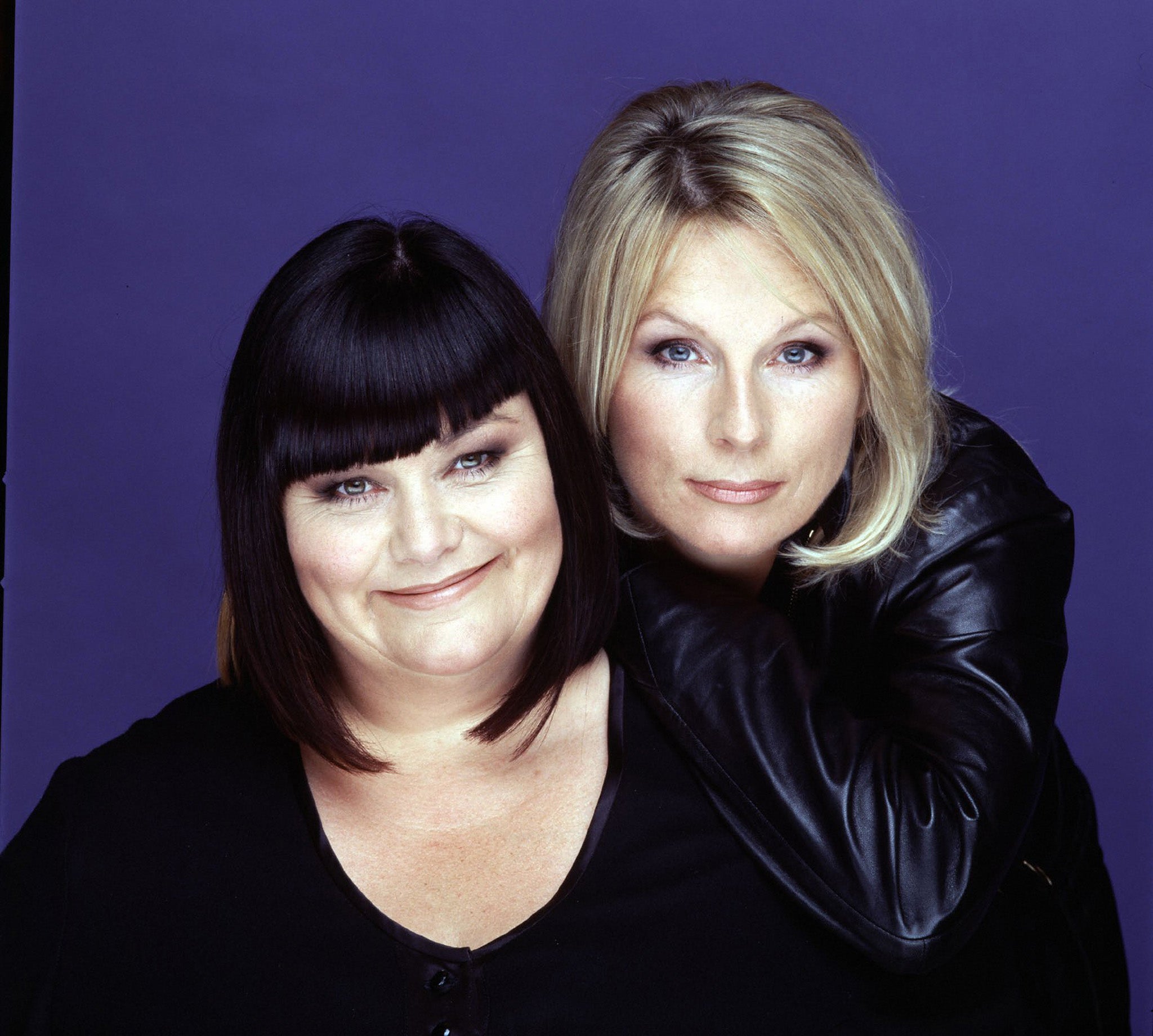Why not Dame Dawn French or Dame Jennifer Saunders?
It’s strange how rarely comedians feature at the top of the honours list


Your support helps us to tell the story
From reproductive rights to climate change to Big Tech, The Independent is on the ground when the story is developing. Whether it's investigating the financials of Elon Musk's pro-Trump PAC or producing our latest documentary, 'The A Word', which shines a light on the American women fighting for reproductive rights, we know how important it is to parse out the facts from the messaging.
At such a critical moment in US history, we need reporters on the ground. Your donation allows us to keep sending journalists to speak to both sides of the story.
The Independent is trusted by Americans across the entire political spectrum. And unlike many other quality news outlets, we choose not to lock Americans out of our reporting and analysis with paywalls. We believe quality journalism should be available to everyone, paid for by those who can afford it.
Your support makes all the difference.It was pointed out this week how Who’s Who was less a bible of the great and the good and more an oddity, notable for who was missed out. Even the likes of Benedict Cumberbatch and Keira Knightley hadn’t made the grade.
But when it comes to baffling omissions in the world of culture, there’s a list that is more important than Who’s Who, the honours list. We’re approaching that time of year when we will have another honours list, and can fully expect to see another liberal sprinkling of theatrical knights and Dames.
In the rest of the arts, though, the sprinkling is likely to be less liberal. This point was made the other day by Raymond Briggs, the author, illustrator and creator of the classic children’s tale The Snowman. In an interview on BBC’s Meet the Author, he remarked that while eminent people of the theatre tended to get knighthoods, illustrators rarely do.
It’s a fair point. And it’s not just illustrators who are passed over for top honours. How many comedians can you think of who are a Sir or a Dame? From the music hall stars Max Miller and Marie Lloyd, through Frankie Howerd and Benny Hill to Peter Cook and Rowan Atkinson and a host of other prolific comics, you find only commoners.
Indeed, it’s interesting that of the four original members of Beyond the Fringe, Alan Bennett and Jonathan Miller who became men of the theatre, were offered knighthoods (Bennett turned his down), while Cook and Dudley Moore, who remained in comedy, died without knighthoods.
This week Lenny Henry received his knighthood, but again after years as a comedian, the knighthood came when he turned to theatre and, of course, it recognised his work on championing diversity. But what of his former wife Dawn French? She and her professional partner Jennifer Saunders have been sensationally successful comedians for several decades. Yet, it feels almost bizarre to imagine Dame Dawn and Dame Jennifer.
Perhaps that odd feeling lies behind the lack of top honours for comedians. When people spend their professional lives being funny or silly or brilliantly ridiculous, a grand-sounding title sits uneasily with their professional personas. Audiences end to associate performers with the roles they play, and while we can salute a knighthood for an actor known for his Lear and Macbeth, we might be less comfortable with a knighthood for Mr Bean.
It’s an understandable feeling, but it’s wrong. Comedy is as subtle, difficult and estimable an art form as any other. But there’s no doubt about it, when it comes to handing out honours, there’s a cultural class system at work.
A pop supremo who cares about classical music
On the subject of honours, one investiture at Buckingham Palace this week was Max Hole, the brilliant former head of Universal Music Group International, who received a CBE. One of the most powerful music executives in the world, Max retired from his post last month after a period of ill health. That was bad news for the music world, not least for the classical music world. Unusually for top music executives of multi-national record labels, he took a keen interest in classical music, an area which doesn’t always have huge record sales, to put it mildly. He helped to found the Bristol Proms, which presented classical music in a new, livelier way, and explored with leading performers other ways of attracting new, younger audiences. Let’s hope that the powers that be at Universal Music don’t forget his legacy, and keep the faith with classical music.
Vera Lynn could be the BBC’s secret weapon
The campaign calling on the government to protect BBC music from cuts has already attracted the likes of Coldplay, Chrissie Hynde and Paloma Faith. Whether that array of rock and pop stars would influence the Culture Secretary, John Whittingdale, I’m not sure. But this week there was an unlikely new entrant to the fray. Dame Vera Lynn, the 98 year-old former ‘Forces Sweetheart’ who helped to lift the nation’s spirits in the Second World War, has joined the campaign, and has spoken about how the BBC had been “filling the hearts of the nation with music for as long as I can remember.” As long as she can remember? That has to be a very long time. Would Mr Whittingdale dare defy such a national treasure? I doubt he could ever face Tory party conference again, if he did.
d.lister@independent.co.uk; Twitter:@davidlister1
Join our commenting forum
Join thought-provoking conversations, follow other Independent readers and see their replies
Comments